Review: Black Sun (2019)
Black Sun connects the dots between the eclipse in the real world and its protagonist’s inner eclipse in a stylistically polished way.
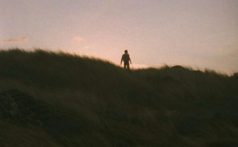
Black Sun connects the dots between the eclipse in the real world and its protagonist’s inner eclipse in a stylistically polished way.
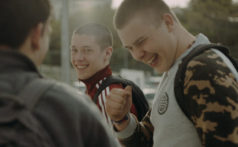
Realistically shot, in Cinemascope that highlights the rough, concrete urban vista of Split projects, by almost exclusively hand-held camera operated by Tomislav Sutlar, and accompanied by the soundtrack composed of the Croatian and Serbian trap hits, Snitch plays almost like an anthropological study with Deni as an example.
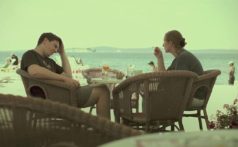
However autobiographical in its core, Summer Fruits is, after all, a fiction film in which Lukić demonstrates that he can also work with actors.
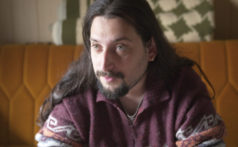
For the most of people outside of Bosnia and Herzegovina, the name of Dino Pečenković doesm’t ring any bells. His involvement with Mevlid Jašarević’s terrorist attack on the American Embassy in Sarajevo, for which he was also tried as an accomplice, is more of a footnote.
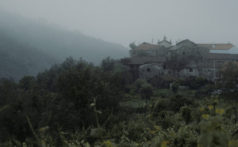
‘Outside the Oranges Are Blooming’ premiered at the last year’s edition of Dok.Leipzig, before opening domestically at Doc.Lisboa (it is a Portuguese-Serbian co-production). Currently it plays at DokuFest’s online edition in Balkan competition.
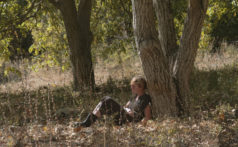
Homelands is structured in two principal acts, one set during the winter season and the other at the time of a less busy summer, with a couple of archive material interludes along the way.
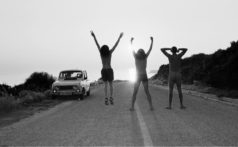
Raw in its appearance and genuine regarding the motivations of all the people involved, Once Upon a Youth is a multi-layered work of art that goes deep in painting a portrait of a unique person, a landscape of a certain place in a certain time, the philosophical aspects of friendship and the generation that tried to do something against all odds.
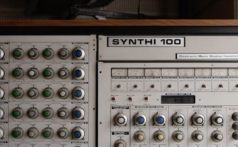
As a project, ‘Speak So I Could See You’ was developed over the course of years, and the richly textured, layered, top-quality work shows.
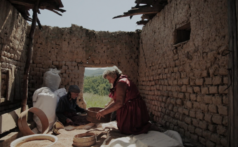
Like their relationship towards the life and the civilization, Vinka and her mother Obrenija remain completely untouched by the fact that someone is filming them in order to tell their story.
Enter your name, email address and a message.
